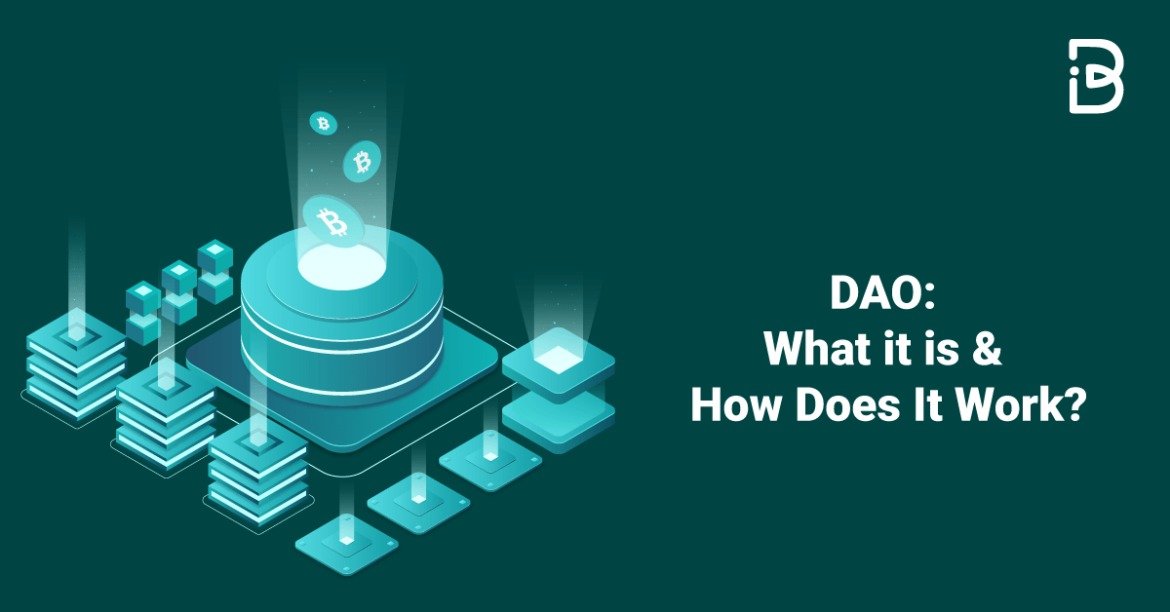Tech platforms have rapidly become the backbone of modern communication, commerce, and entertainment. These platforms not only serve as a medium for users to connect and share but also enable businesses to thrive in the digital age. From social media to e-commerce, tech platforms have revolutionized how we interact with technology.
Defining Tech Platforms
A tech platform is essentially a digital ecosystem where users, businesses, and other entities can connect and interact. These platforms often support a wide range of services, allowing them to grow into multi-functional hubs. Think of platforms like Facebook, Amazon, and YouTube, which serve multiple purposes beyond their original intentions.
The Importance of Tech Platforms in Modern Society
Tech platforms play a crucial role in shaping how we live, work, and communicate. They’ve made information more accessible, allowed businesses to reach global audiences, and provided users with a seamless experience tailored to their needs.
Types of Tech Platforms
Social Media Platforms
Social media platforms like yell51x-ouz4, Instagram, and Twitter have redefined how people communicate on a global scale. These platforms allow users to share ideas, interact with content, and engage with communities, fostering a new era of connectivity.
E-commerce Platforms
E-commerce platforms, such as Amazon and Shopify, have transformed the way people shop. These platforms provide an easy-to-navigate interface for both sellers and buyers, facilitating transactions across borders and time zones.
Cloud Computing Platforms
Cloud platforms like AWS (Amazon Web Services), Google Cloud, and Microsoft Azure enable businesses to store and manage data efficiently. These platforms offer scalable solutions for companies of all sizes, making it easier for them to adapt to changing market demands.
Content Creation and Streaming Platforms
Platforms such as YouTube, Spotify, and TikTok have democratized content creation. They provide users with tools to create, distribute, and monetize content, while offering personalized recommendations based on user behavior.
The Rise of Tech Platforms
How Tech Platforms Revolutionized Communication
With the advent of tech platforms, communication has become instantaneous and far-reaching. Whether through video calls, instant messaging, or social networking, these platforms have bridged gaps and connected people like never before.
Digital Transformation in Business Through Platforms
Tech platforms have been instrumental in the digital transformation of businesses. From enabling remote work to streamlining customer service, platforms like Slack, Zoom, and Salesforce have made it possible for companies to adapt to the digital age.
Also Read About: Internet Chicks
Key Features of Tech Platforms
Scalability and Flexibility
One of the most important features of tech platforms is their ability to scale. Whether you’re a small business or a global enterprise, tech platforms can grow alongside your needs. Flexibility in integration also allows businesses to customize the platform to meet specific requirements.
User-Centric Design and Personalization
Platforms are increasingly becoming more user-centric. Through data analysis and AI, platforms can personalize experiences for each user, offering tailored content, products, or services based on individual preferences.
The Role of AI in Tech Platforms
AI-Driven Recommendations and Personalization
Artificial intelligence (AI) plays a key role in making tech platforms smarter. AI algorithms analyze user data to provide personalized recommendations, whether it’s the next movie to watch on Netflix or product suggestions on Amazon.
Automation and Efficiency Improvements
AI also improves the efficiency of tech platforms by automating tasks. From customer service chatbots to inventory management, AI helps businesses run smoother operations with fewer human resources required.
Tech Platforms and Data Privacy
How Data Is Collected on Tech Platforms
Tech platforms collect massive amounts of user data, from browsing habits to personal information. This data is used to improve user experience and provide more relevant content, but it has also raised concerns about privacy.
Privacy Concerns and Regulations
With the increasing volume of data being collected, privacy concerns have become more prominent. Governments worldwide are implementing regulations like the GDPR (General Data Protection Regulation) to ensure that user data is handled responsibly by tech platforms.
The Business Model Behind Tech Platforms
Monetization Strategies: Ads, Subscriptions, and Partnerships
Most tech platforms monetize through a mix of advertisements, subscriptions, and partnerships. Social media platforms often rely on targeted ads, while streaming services may offer a subscription model. Partnerships with other companies further extend their revenue streams.
The Freemium Model
The freemium model is commonly used by platforms like Spotify and Dropbox. Users get access to basic services for free, while premium features are offered for a fee, creating a sustainable revenue stream without alienating users.
Challenges Faced by Tech Platforms
Security Threats and Cyber Attacks
As tech platforms continue to grow, they become bigger targets for cybercriminals. Data breaches and cyber-attacks have become common challenges, making it essential for platforms to invest heavily in security.
Balancing Innovation and User Trust
While tech platforms are always evolving, they must maintain a balance between innovation and user trust. New features should enhance the user experience without compromising security or privacy.
Tech Platforms and Global Connectivity
How Platforms Have Connected People Worldwide
Tech platforms have broken down geographical barriers, allowing people from different parts of the world to connect, collaborate, and share ideas. Platforms like LinkedIn and WhatsApp have brought both professional and personal relationships closer.
The Role of Tech Platforms in Social Movements
Platforms like Twitter and Instagram have also played a pivotal role in social movements, giving a voice to those who may not have had one otherwise. From political campaigns to awareness programs, tech platforms have become powerful tools for change.
The Future of Tech Platforms
Predictions for AI-Integrated Platforms
As AI continues to advance, tech platforms will become even more personalized and efficient. Virtual assistants, predictive analytics, and real-time decision-making will become integral to how these platforms function.
The Growth of Decentralized Platforms
Decentralized platforms, powered by blockchain technology, are set to challenge traditional tech platforms by offering users more control over their data. These platforms could potentially shift the power dynamic, making the digital space more democratic.
Conclusion
Tech platforms have become an inseparable part of modern life. From simplifying communication to revolutionizing commerce, they continue to shape how we interact with the world. As they evolve, so do the challenges and opportunities, making the future of tech platforms both exciting and unpredictable.
Also Read About: maxxfour.com
FAQs
What Are the Most Popular Types of Tech Platforms?
The most popular types of tech platforms include social media, e-commerce, cloud computing, and content creation platforms.
How Do Tech Platforms Make Money?
Most tech platforms make money through ads, subscriptions, and partnerships, with many adopting a freemium model to attract users.
Are Tech Platforms Safe to Use?
While tech platforms invest heavily in security, they are still vulnerable to data breaches. Users should be cautious and ensure they understand the privacy policies of the platforms they use.
How Will AI Impact the Future of Tech Platforms?
AI will make tech platforms more personalized and efficient, enabling better recommendations, automation, and user experience enhancements.
What Are the Challenges Tech Platforms Face Today?
Tech platforms face challenges such as data privacy concerns, security threats, and balancing innovation with maintaining user trust.





